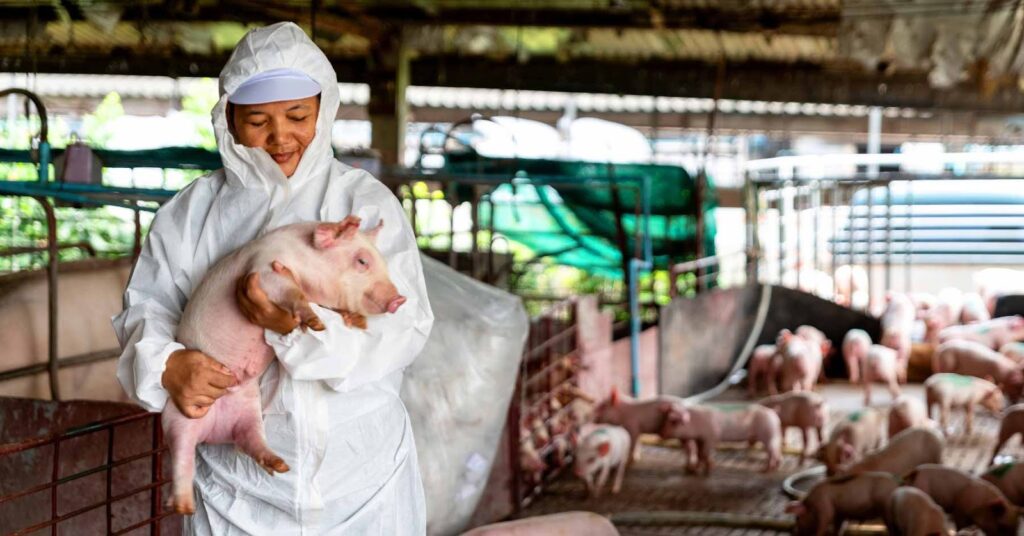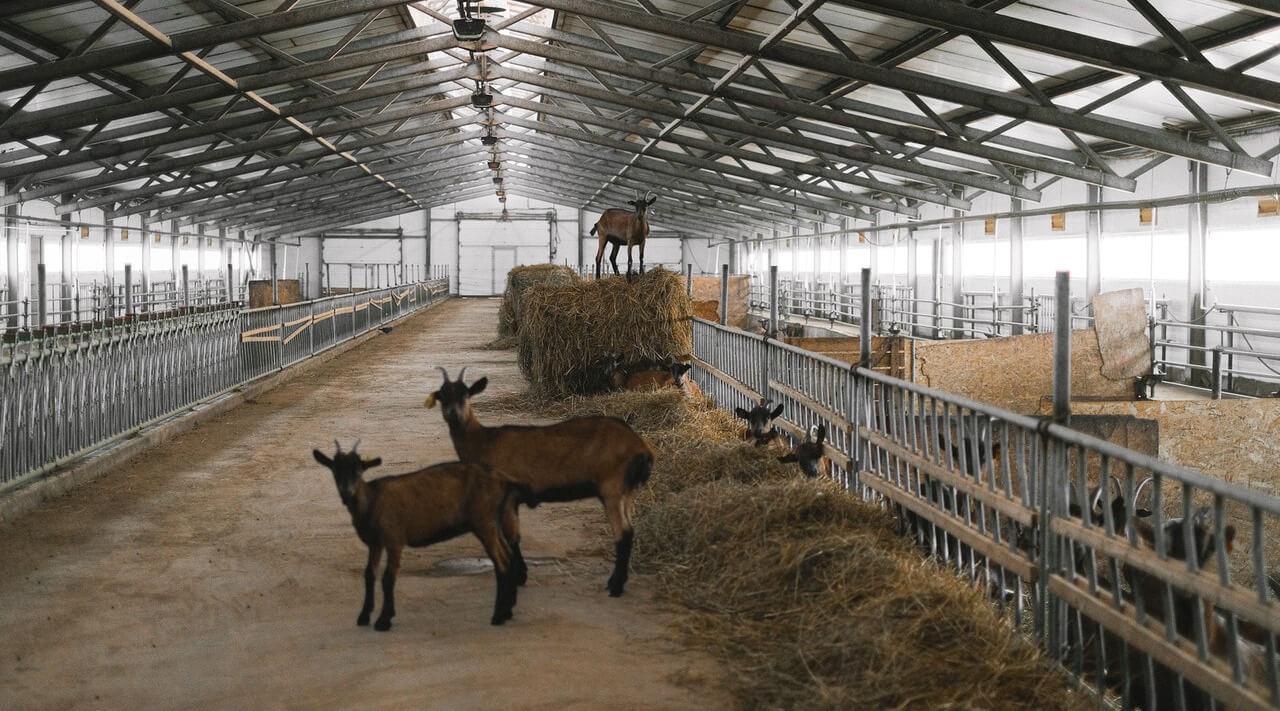Within the field of farming, biosecurity is a crucial element in ensuring the vitality of the global food system. Biosecurity in its own terms may conjure up images of advanced labs or government agencies fighting exotic illnesses, but the application of biosecurity is deeply embedded within the daily farming operations of farmers across the globe. The implementation of strict biosecurity procedures isn’t just a matter of precaution but a vital approach to maintain the health of both crops and livestock, as well as ensuring sustainability of the agriculture sector and securing people’s health from the dangers of zoonotic disease.
The purpose of biosecurity on farms is to stop the spread and introduction of harmful substances–whether bugs, viruses, fungi or even pests into a agricultural area. The agents could cause disease that can destroy livestock, degrade crops, and result in huge economic losses. Additionally, certain pathogens are likely to impact human populations, making biosecurity an integral part of the overall public health system. Therefore, farmers must take a holistic approach to biosecurity. This is based on understanding the unique threats to their business and taking preventive measures to minimize their impact.
One of the most important ways to ensure a strong biosecurity in the farm is controlling moving of people and animals both on and off farms. Livestock is typically the most susceptible to outbreaks and the introduction of new animals on farms poses a substantial risk of the transmission of disease. Inspecting the new arrivals for quarantine, conducting medical checks and maintaining thorough records are crucial actions to manage this threat. Also, monitoring and limiting the flow of people, which includes the farm’s workers, visitors as well as service providers, will lower the risk that pathogens are brought into the farm. It is also important to implement methods for decontaminating equipment and vehicles that might be in contact with contaminants that are not within the confines of the farm.

A different aspect of biosecurity animal production malaysia involves monitoring the health of soil and the water sources that are in the farm. It is possible for soil to harbor bacteria that impact animal and plant health as well as water is an agent for spreading diseases. Continuous testing and cleaning of the water supply, in conjunction with the careful handling of waste from animals as well as fertilizers and pesticides can be crucial in stopping spreading of disease. Field rest, crop rotation as well as the utilization of resistant plants are a few the agricultural practices that improve the plant’s resistance to illness, and contribute to the biosecurity overall of the farming.
The conditions in which livestock are kept is crucial as outside biosecurity measures. A good practice in the management of animals include creating a stress-free and clean surroundings, will ensure that livestock isn’t predisposed to illness. Proper nutrition, well-executed veterinarian care, as well as the deliberate use of vaccines could boost the immune systems of livestock which makes them less vulnerable to becoming infected. Additionally, the early identification of health issues through regular surveillance allows swift intervention that could prevent and eliminate illnesses before they spread.
The education and training for farm workers are important elements in an effective biosecurity strategy. Every person involved in farms should be aware of how important biosecurity is and the ways in which their actions help or hinder the efforts. regular training sessions will help keep people informed about top practices as well as recent advancements regarding biosecurity. Human factors cannot be ignored, and an educated team is the most effective way to protect yourself from attacks on biosecurity.




